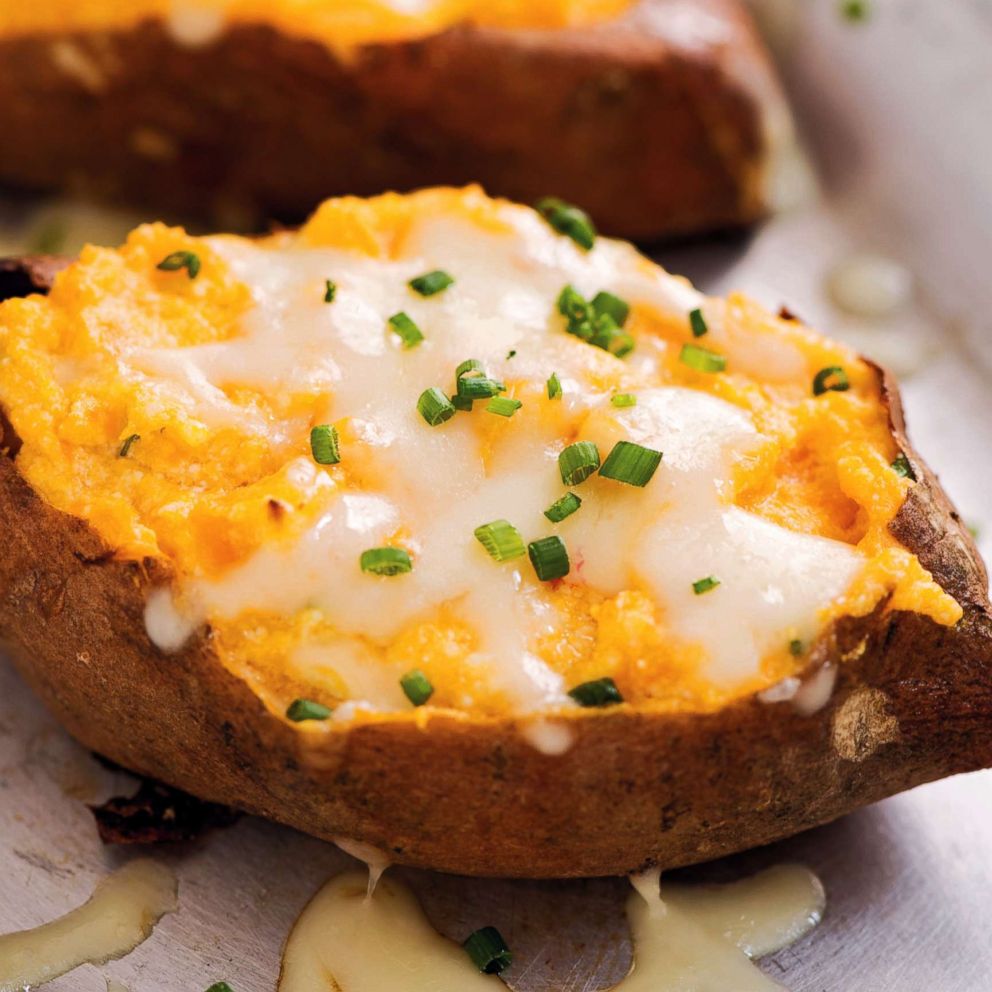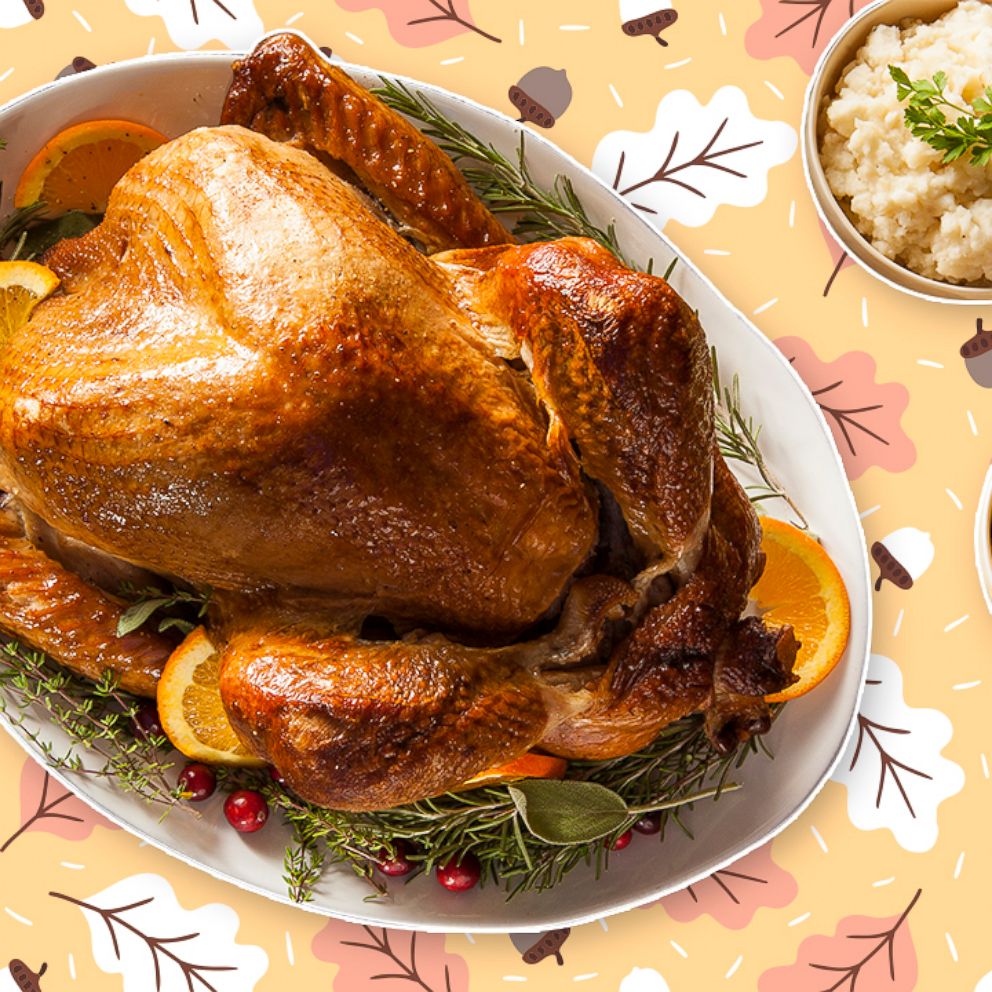How to pick the perfect Thanksgiving wine under $25 according to the experts
Check out their top picks for the wines you need on your turkey day table!
Turkey Day is coming and you'll want plenty of wine on hand to celebrate with your fam. That's why we're thankful for expert advice from Cheryl Indelicato and Vanessa Price who shared how to pick the perfect wines to pair with your Thanksgiving feast.
Indelicato, a fourth generation founder at Delicato Family Vineyards, recommends full-bodied varietals from California like Pinot Noir, Chardonnay and Zinfandel are "one of the best ways to complement Thanksgiving."
Wine columnist and Wine and Spirit Education Trust (WSET) educator Vanessa Price suggests stocking up on plenty of wines with bright red fruit flavors, a little acidity and light tannins to go with your meal.
What are your favorite wine varietals for Thanksgiving dinner?
Cheryl: A great varietal to start the festivities with is a Pinot Noir.
A full-bodied wine, such as the Noble Vines 667 Pinot Noir ($14.99), is a classic Thanksgiving wine that pairs perfectly with almost any appetizer.
Once dinner is served, I recommend moving on to a Chardonnay, such as the Noble Vines 446 ($12.99). The buttery notes and creamy palate nicely compliment side dishes such as mashed potatoes or a flavorful stuffing.
We can’t forget about a Thanksgiving staple -– Zinfandel! The rich, dark flavors, like the Gnarly Head Old Vine Zinfandel ($14.99), will amplify Thanksgiving spices such as clove and cinnamon to ensure that you are enjoying all of the great flavors of the holiday whether your main course is turkey, duck, ham or even a vegetarian option.
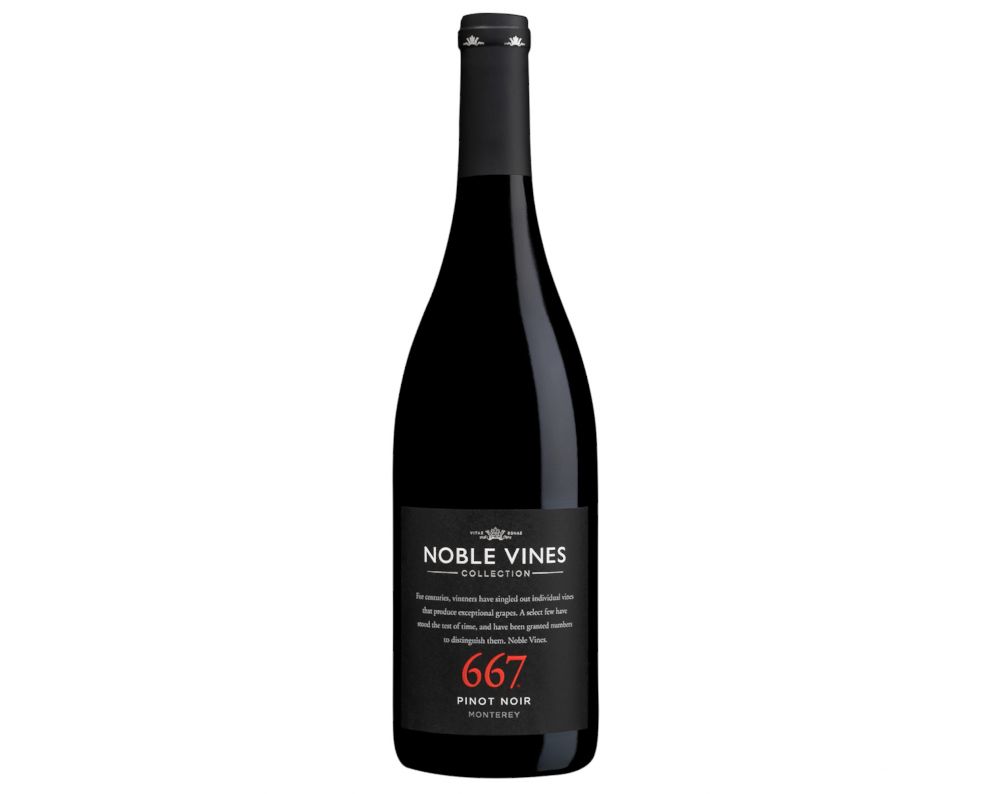
Vanessa: Beaujolais is the classic go-to for good reason.
These wines have bright red fruit flavors that will match all the cranberry sauce drowning just about everything on your plate and also compliment all the raisin packed dishes on the table. These wines have a freshness that comes from the acidity in Gamay (the main grape in Beaujolais) which she said works to help cut the fat that plays a prominent role in just about every dish on the table.
The tannic structure (that drying feeling you get from red wine sometimes) is on the lighter side, it won’t overpower the subtle flavors and textures of your main event - the turkey! Grab a Beaujolais Nouveau if you want something inexpensive and fruity.
What’s the best thing to ask a wine purveyor when shopping for wine and trying to stay under $25?
Cheryl: Pairing my wine with different dishes is always top of mind.
I’d start by telling the purveyor what I’m cooking and then ask what varietals he recommends at that price point. Also, let the purveyor know any personal preferences - A knowledgeable wine merchant should be able to recommend some of their favorite choices that match up with your menu, your budget, and your personality.
Vanessa: Try to have a point of reference when you come in.
There are a ton of quality options under $25 so help them to narrow things down. Learn to identify basic flavor profiles that are helpful when describing what you like and dislike in wines, such as fruit-forward, dry, earthy, light-bodied and more. Ask yourself if there is a main dish you are trying to pair? Do you have a favorite variety or wine region and want to try something comparable and new? Give them a little guidance into your needs/likes so that you are setting up them up for choosing the best bottle for you!
Does the price of the bottle necessarily correlate to quality?
Cheryl: Many people believe that to enjoy a good bottle of wine, you have to be willing to spend a lot of money, but that’s not necessarily true.
There are now a variety of high-quality wines in bottles and even boxes that offer great quality at that ‘affordable luxury’ price -- My grandfather founded our company in 1924 believing wine should be accessible to everyone like it was in his native Italy, and there are some amazing everyday wines for $15 and under."
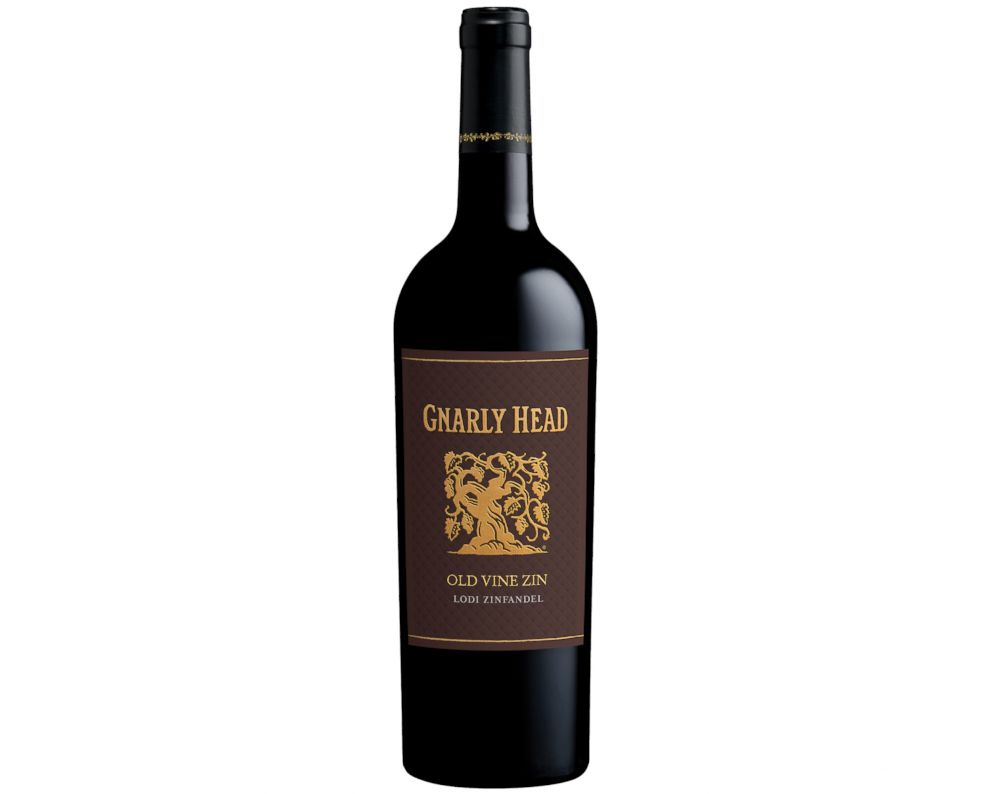
Vanessa: Wine can garner a big price tag for a number of reasons.
Famous regions and producers will make the price higher than lesser-known grapes, regions and producers. There are also factors related to how the wine was made; was it organically farmed, what type of barrels are used, did they intentionally lower yields, what were the marketing costs? All of these factors will raise the price of a bottle -- some for the better and some not. But overall there is typically a correlation between a more expensive bottle and the quality of the juice inside.
What are some of your favorites in this price range?
Cheryl: If I’m craving a lighter wine, I enjoy a crisp Sauvignon Blanc.
Her pick is the Noble Vines 242 Sauvignon Blanc that costs $12.99. A California Sauvignon Blanc with aromas of peach and melon are the perfect complement to any fruit tart or pie for Thanksgiving dessert.
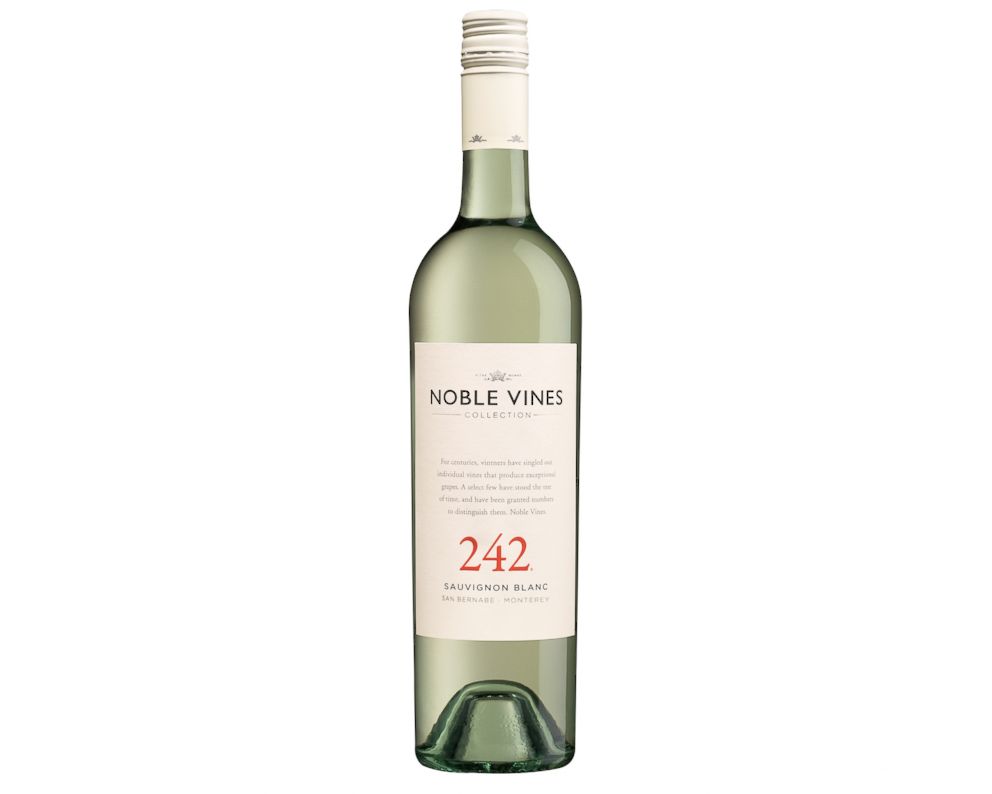
Vanessa: Rosé for the winter, a favorite Beaujolais and Chinon.
Chateau d'Aqueria Tavel Rosé $18. Rosé for the winter! This wine will have a dark pink hue and a pretty significant body to match which is good given how heavy the foods on thanksgiving can be.
Beaujolais, Cuvée à l'Ancienne, Joubert $18 - my pick for Beaujolais!
Chinon "Les Barnabés," Olga Raffault $19 - recommended in my article and one of my personal favorites!
She also suggests choosing a range!
"Some folks are die-hard red wine drinkers, some love to experiment with lesser-known wines, some drink rosé year round now and almost everyone loves a good bubbly toast. So if you're getting a few bottles, try to cover a few different styles to make sure you have something for everyone."
What are your tips to read the back of a wine bottle? (ie. Region, distributor etc.)
Cheryl: The first thing is the winemaker notes
That includes a description of the wine, tasting notes and pairing options. Second, you can always find the maker of the wine and city where the wine is made. And the last thing I look for is alcohol by volume as it’s always nice to know how strong the wine is before you decide to have that second glass.
Vanessa: The easiest rule to remember is Old World vs New World.
In the New World, labels are printed with the grape and the area on it. In the Old World, there is often only the name of the place the wine comes from because there are laws that dictate what can grow where. For example, Sancerre is the name of a town and Sauvignon Blanc is the grape but we don't put the name of the grape as well as the place because it's not necessary - the place alone gives us the info we need!
Also, start to pay attention to the name of importers on the back of labels. If you find wines you like, chances are other offerings from that same importer may pleasantly surprise you as well.
Natural wine is a huge trend right now, any favorites?
Vanessa: A fun category of natural wine getting everyone's attention -- Pét-Nat.
Pétillant Naturel is produced in the méthode ancestral. As the name suggests, it's a very old way of making sparkling wine - it's actually an older method than what is used in Champagne!
The wine is bottled before it finishes its first fermentation - which means the carbon dioxide needed to make your wine fizzy comes from the natural sugars found in the grapes - not from a second inoculated fermentation like in Champagne.
They come in a range of flavors and styles but suffice to say they all share a yummy, fruity, gently-sparkling character. Some aren't filtered so if you find a little sediment in the wine that's OK. Just a natural part of the winemaking process; the sediment isn't harmful just a little unpleasant if you drink it so pour slowly when you get to the end of the bottle.
